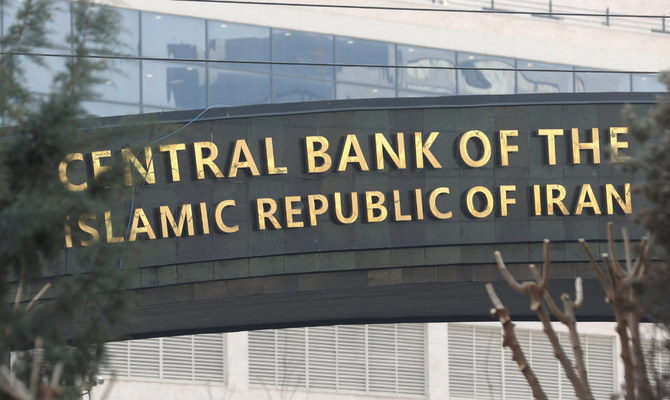
Iran has been volatile ahead of the return of US sanctions on Monday with a run on gold and hard currency as Iranians scramble to protect their savings, and sporadic protests over the already troubled economy.
State news agencies reported "scattered protests" of a few hundred people on Thursday in the cities of Shiraz, Ahvaz, Mashhad and Karaj, which police had brought under control.
Videos posted on social media have shown days of demonstrations in Irans third city Isfahan and protests in the capital on Thursday night.
Customers were cheek-to-jowl in the narrow alleys of Tehrans Grand Bazaar this week.
"People are worried that if they dont buy things today, they wont be available tomorrow," said Ali, who runs a kitchen store in the bazaar, adding that wholesalers were hoarding new stock while they waited to see how the crisis unfolded.
Anxiety is everywhere, especially over the collapse of the rial, which has lost nearly two-thirds of its value in six months.
"We are seeing protests and they will continue," said Adnan Tabatabai, head of the CARPO think tank in Germany.
"The establishment knows they are legitimate but my biggest concern is they will be hijacked by groups inside and outside the country and turn violent," he told Agence France Presse.
A decision to fix the exchange rate in April and arrest unlicensed currency dealers backfired spectacularly and triggered a boom in the black market.
The consequences have sometimes felt absurd. One expat described having to meet a trader under a bridge in central Tehran to change $2,000 (1,700 euros).
"He told me to wear a red scarf and came up to me whispering: Show me the money like we were in a spy film," she said.
The US walked out of the 2015 nuclear deal in May and is bringing back "maximum pressure" sanctions for most sectors on August 6, and the energy sector on November 4.
Multinational firms that rushed to cash in three years ago -- such as Frances energy giant Total and carmakers Peugeot and Renault -- are already packing up.
But many smaller firms are hunting loopholes and counting on protection from European governments who are determined to keep the nuclear deal alive.
"No one really knows how the sanctions will be. The Trump administration is doing that on purpose to keep everyone feeling threatened," said a Western businessman in Tehran working in the oil and gas sector.
He said US threats are making some Europeans more furious than afraid.
"Ive heard of four German pharmaceutical firms who are looking to come to Iran specifically to piss off the US."
The government never put a convincing economic plan together when it had the chance, said Mohammad Reza Behzadian, former head of the Tehran chamber of commerce.
"It failed to take advantage when conditions were good," he said. "Its much more difficult to act in a crisis."












